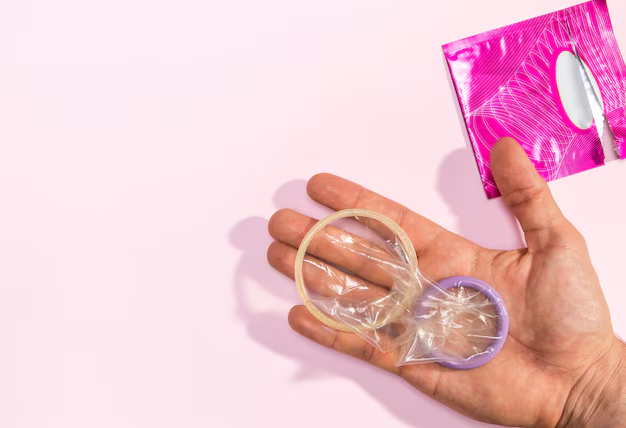
Individuals and especially couples have gotten a good amount of control over their reproductive options with the help of contraceptives. There are still some myths that persist in public perception, especially in India, despite all of the knowledge that the general public has gained. These myths lead to misunderstandings and keep people from making logical, well-informed decisions about their sexual and reproductive health.
Let's now examine some of the most widespread myths regarding contraceptives and what science has to say about them, according to our expert Dr Sandhya Rani, Sr. Consultant - Obstetrics & Gynaecology, Aster Women & Children Hospital, Bengaluru
Fact: An extremely popular misconception is the notion that birth control pills induce weight gain, the idea entertaining young women in particular. If at all, some women might notice a minor weight change in the beginning of oral contraceptive usage; however, numerous investigations prove that in the long term, there is no strong link between birth control pills and substantial weight gain.
The little bit of weight put on, if any, is usually due to water retention and not actual weight gain. Present-day low-dose hormonal pills are intended to have the least number of side effects. In case one is finding some discomfort, it is best to see a doctor and explore other options instead of just giving up contraception.

Fact: Emergency birth control pills (ECPs), commonly known as “morning-after pills” are not meant to be used as a regular birth control but rather should be consumed only once or occasionally. They are slightly less effective than continuous birth control and do not protect against STIs.
Also watch this video
ECPs can also contribute to irregular menstruation and hormonal imbalance if consumed frequently. Regular oral pills, condoms, IUDs, or implants would be a good option for long term use only after supervision of a doctor.
Fact: It is not safer to wear two condoms at once, either two male condoms or a male condom and a female condom. The friction created by the latex makes its surfaces more likely to tear or break during intercourse.
Using a single condom is a more effective option than using two condoms. Male and female condoms are 98% effective against pregnancy if used correctly and they also guard against sexually transmitted diseases.
Fact: With correct technique, female condoms are as protective as male condoms and are therefore safe methods of contraception. Made of nitrile, a synthetic rubber that lasts longer, they offer a reduction in the risk of STIs.
Despite being less popular, female condoms can provide independence and be used for hours prior to sexual activity. For people allergic to latex or who just want a more woman-controlled
form of protection, they are an excellent choice.

Don't Miss: 5 Safe Sexual Relationship Practices Everyone Should Know For Better Health and Hygiene
Fact: The myth has occurred because of fear and misunderstanding. The copper T IUD does not cause abortion or sterility. They work by preventing the sperm from getting to the egg and/or inseminating it, but they don't terminate pregnancy.
Depending on the type, they generally last five to ten years, and they are both the safest and most effective long-term birth control methods. It is an excellent choice for any woman who may want to consider having children later because once removed, fertility immediately comes back.
Don't Miss: 5 Pregnancy-Related Sex Myths You Need To Stop Believing Right Now
Sexual taboos, poor sex education and not discussing the issue of reproductive health, can lead to misconceptions concerning contraceptives. It is time to speak out and make use of facts to counteract these myths.
The ideal choice for your body and future can be made by initiating the first step, that is by talking to a gynecologist, family planning expert or a sex counselor. The only way to make ourselves and our partner safe is by garnering ample knowledge. The more we learn the safer we are.
Credits: freepik
If you liked this story, then please share it. To read more such stories, stay connected to HerZindagi.
Our aim is to provide accurate, safe and expert verified information through our articles and social media handles. The remedies, advice and tips mentioned here are for general information only. Please consult your expert before trying any kind of health, beauty, life hacks or astrology related tips. For any feedback or complaint, contact us at compliant_gro@jagrannewmedia.com.